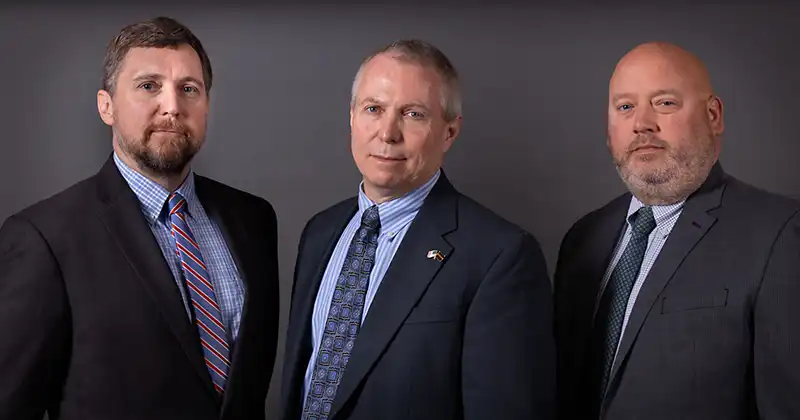Rescission is the practice in which an insurance company cancels an insurance policy after a claim for benefits has been made. The insurance company then conducts what is called “post claims underwriting where the insurance application
is reviewed (often long after it has issued the policy) in order to find undisclosed or incorrect information, which it then uses as a reason to cancel the policy. This usually occurs when an expensive claim is made on the policy.
Legitimate reasons for rescinding a policy (may) include inaccurate or incomplete information, misleading, misrepresentation, omissions, failure to disclose a pre-existing medical condition, and lying or concealing information about your medical history.
Insurance companies have long engaged in the practice of rescission where they investigate policyholders shortly after they have been diagnosed with life-threatening illnesses.
In one particular instance in 2002 Jerome Mitchell, a 17 year old college freshman from South Carolina, learned he had contracted HIV. In his favour, he thought, he had health insurance. However, shortly after his diagnosis, his insurance carrier Fortis – now Assurant – cancelled his policy.
He was told that without treatment his HIV would become full-blown AIDS within a year or two and he would die within two years after that. At this, he took legal action and hired an attorney.
In 2004, a jury in Florence County, South Carolina, ordered Assurant Health to pay Mitchell $15 million for wrongfully revoking his policy. And in September 2009, the South Carolina Supreme Court upheld the lower court’s verdict but reduced the amount to $10 million.
This win against Assurant, allowed Mitchell to not only get justice for himself but it helped expose wrongdoing on the part of Assurant. It took being sued before his insurance carrier would restore coverage, approximately 22 months later.
It was discovered that Assurant was targeting policyholders with HIV. A computer program and algorithm triggered an automatic fraud investigation for every policyholder recently diagnosed with HIV, as the company searched for any pretext to revoke their policy. In addition, for some time Assurant had been making recommendations for rescission and without good-faith investigation, acting on them. They had pre-programmed its computer to recognize the billing codes for expensive health conditions, which would trigger an automatic fraud investigation by its cost containment division whenever the code was recognized.
It was obvious that Assurant was focusing on claims that carried a high cost for treating the illnesses in question. But Don Hamm, the CEO of Assurant, defended the company stating that rescission is a necessary tool to hold the cost of premiums down for other policyholders and one of many protections supporting the affordability and viability of individual health insurance in the United States under our present system. But isn’t the purpose of health insurance to protect policyholders if they are or when they become ill so they can seek and receive the medical attention they need? The envelope has been pushed by insurance companies and they’ve come close to crossing legal boundaries, and in some cases have stepped over them, to prioritise profits over the care, rights, and interest of their customers. In doing so, they demonstrate a lack of regard for the health and safety of those of whom they are suppose to serve by, in some instances, gambling with their lives such as in the Mitchell case.
Hamm further stated that those who had their policies rescinded had attempted to intentionally mislead the company and that there are times when they discovered an applicant did not provide complete or accurate medical information when they underwrote the risk.
On the contrary, state, federal and congressional investigators and consumer advocates said that in only a small percentage of cases were there people who had their health insurance cancelled for a legitimate reason.
Based on an investigation by the House Energy and Commerce Committee (as well as earlier ones) found that thousands of vulnerable and seriously ill policyholders have had their coverage canceled by many of the nation’s largest insurance companies without any legal basis. The congressional committee found that three insurance companies alone saved at least $300 million over five years from rescission. One of those three companies was Assurant.
Recently, insurers have revoked policyholder’s policies for less serious medical conditions such as diabetes, depression, and high blood pressure because of the lifetime of care and bills that generally follow with treating these conditions.
Mitchell is one example of many who have won the battle against unlawful rescissions rendered by health insurance companies but there are still far too many others who have lost the battle because they didn’t fight, didn’t realize the had legal footing or lost their lives because they lost the only insurance that could help them fight for their lives.
For this reason, rescission proves to be a very serious issue. It is a growing concern primarily because insurance companies revoke policies for the very reasons policyholders need coverage – when they are sick and need health care. Insurers are comfortable with accepting payments in the form of premiums but do not want to cover their policyholders for the purpose they pay to be insured. They don’t want to spend money taking care of those they insure when they need healthcare coverage the most.
Sadly, there are still others (millions) who can’t get healthcare insurance because of pre-existing conditions. Who will cover them? How will they get the care they need to treat their conditions? To be continued….

